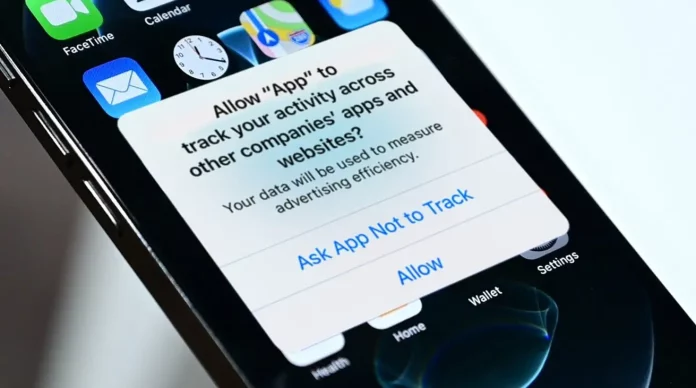Apple may soon be forced to disable its App Tracking Transparency (ATT) feature in Germany and other European countries following growing regulatory pressure and lobbying from the advertising industry.
Introduced in 2020 with iOS 14, ATT allows users to decide whether apps can track their activity across other apps and websites. The feature quickly became popular, with most users choosing the “Ask App Not to Track” option. However, what consumers hail as a landmark privacy tool has faced mounting criticism from advertisers and regulators alike.
In a statement shared with Germany’s DPA International and first reported by MacRumors, Apple warned that “intense lobbying efforts in Germany, Italy, and other European countries may force us to withdraw this feature to the detriment of European consumers.” The company emphasized that such a move would weaken user privacy protections across the region.
Germany’s Federal Cartel Office (Bundeskartellamt, or BKartA) has been investigating ATT on antitrust grounds. Regulators argue that while the feature restricts tracking for third-party apps, Apple’s own services are not subject to the same limitations — potentially giving the company an unfair advantage. Apple disputes this, stating that its apps do not collect data from external sources or track users in the same way as other platforms.
Italy’s competition authority is also expected to deliver a decision on the matter by the end of 2025, signaling that the scrutiny could soon expand beyond Germany.
Apple says it has offered regulators various solutions to address their concerns, but claims some of the proposed alternatives would effectively dismantle ATT’s core protections. “We will continue to urge the relevant authorities in Germany, Italy and across Europe to allow Apple to continue providing this important privacy tool to our users,” the company said.
Despite its privacy-forward reputation, ATT hasn’t completely ended user tracking. Reports earlier this year revealed that several popular apps, including Candy Crush, Tinder, and MyFitnessPal, were able to gather location data at scale through technical loopholes.
Still, the feature’s impact on the digital advertising ecosystem has been substantial — Meta alone reported losing an estimated $12.8 billion in revenue in the year following ATT’s launch. Now, with regulators pushing back, one of Apple’s most celebrated privacy features faces its toughest test yet.




